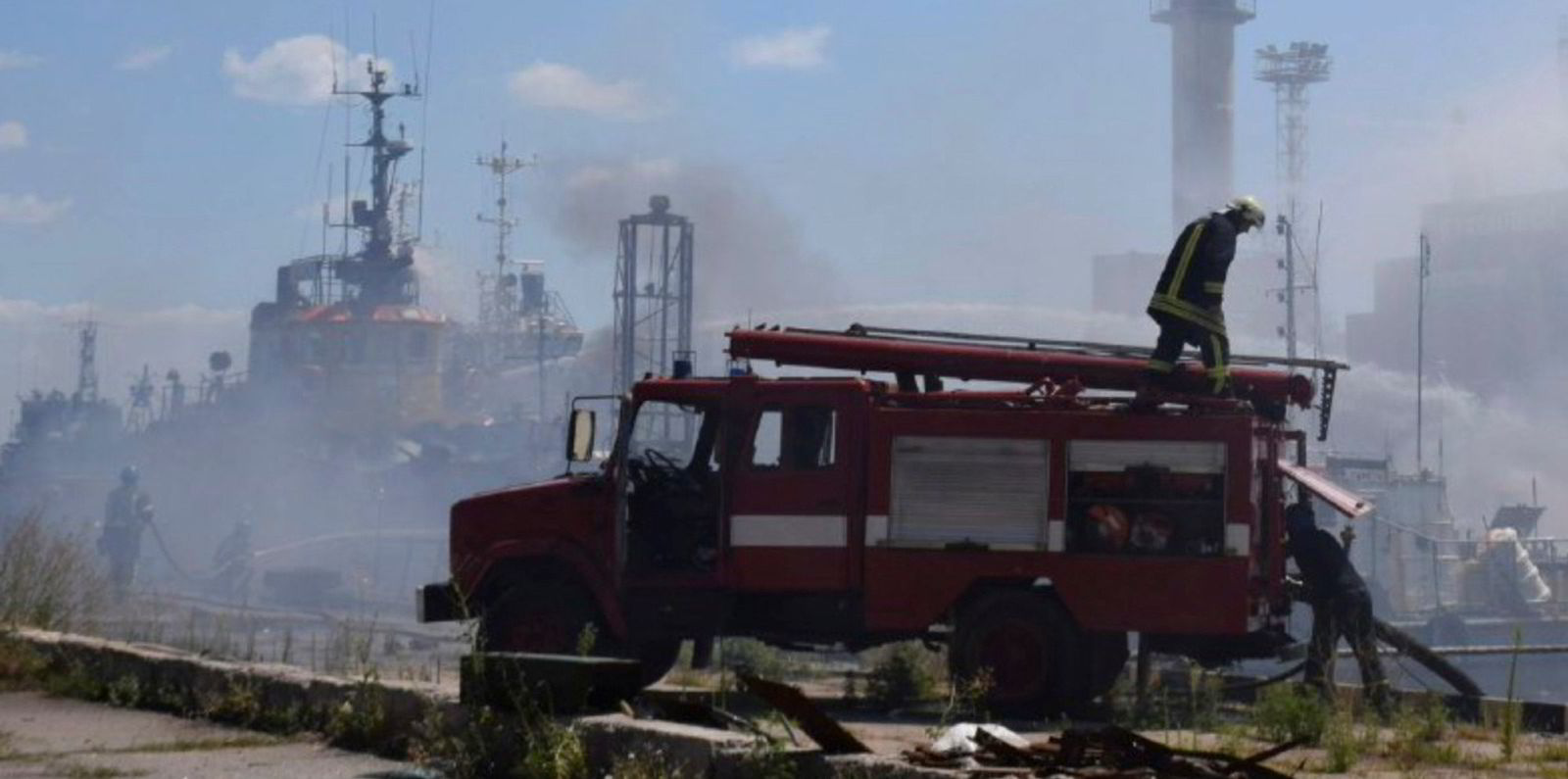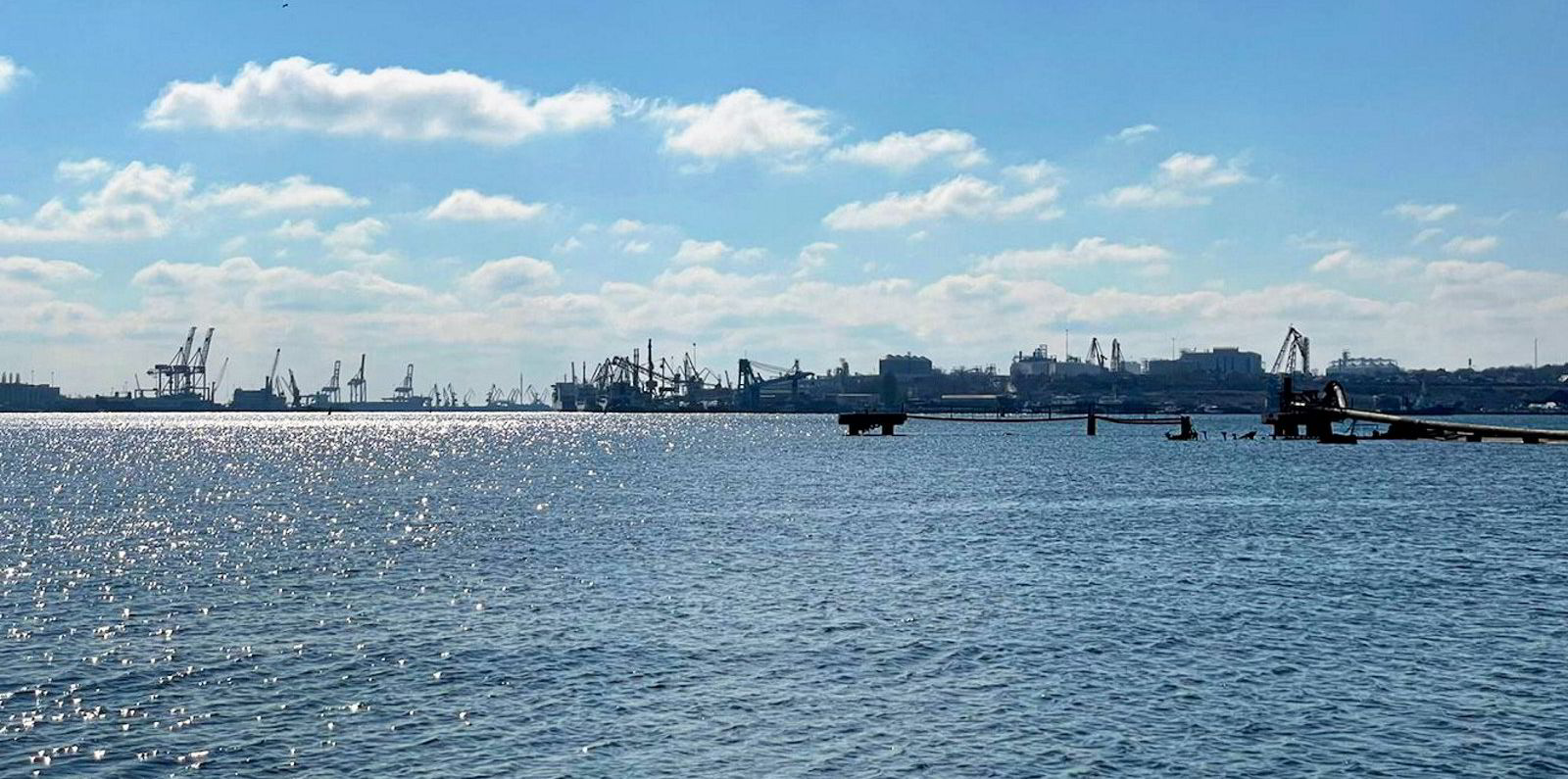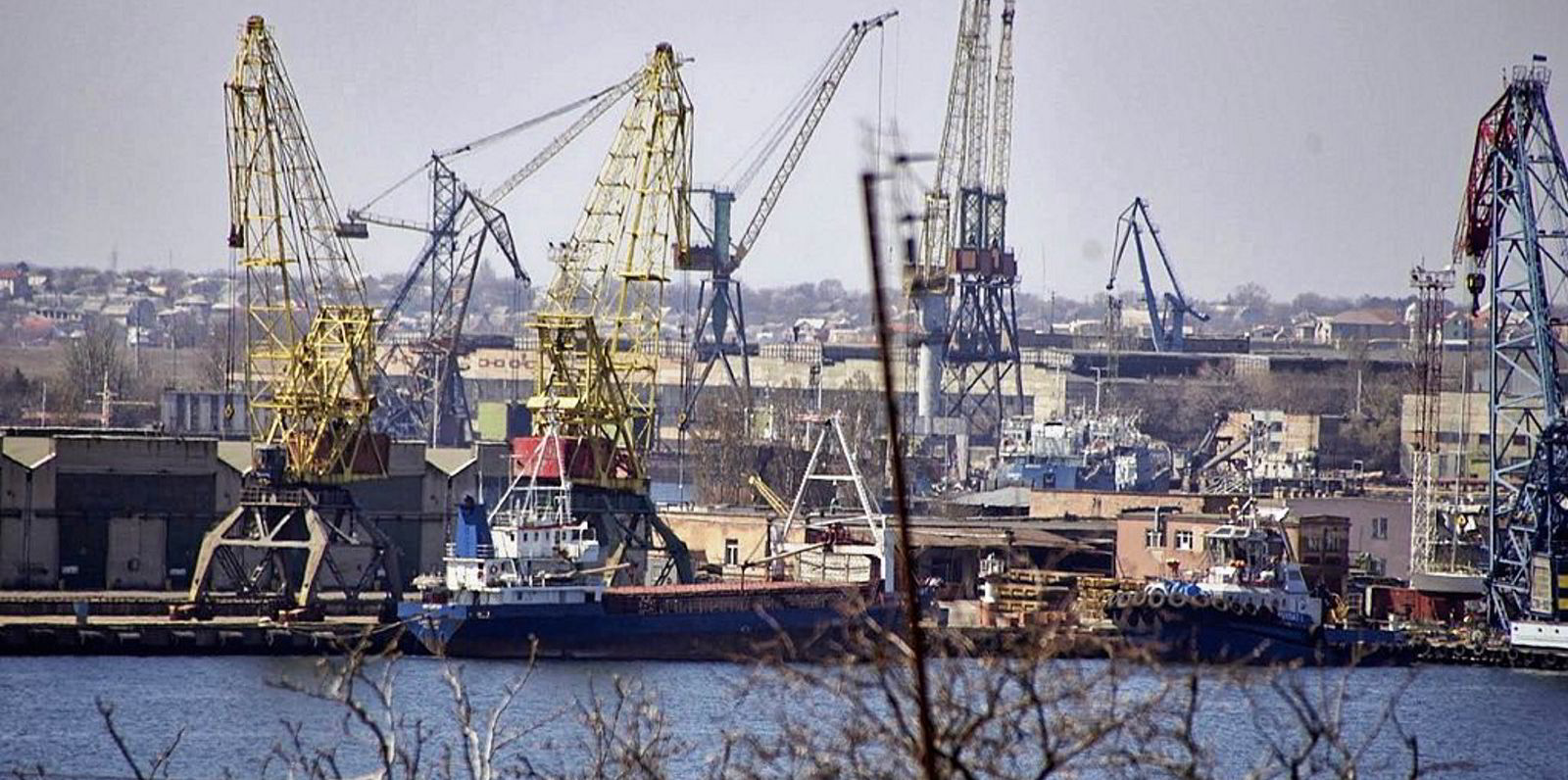Shipping is sometimes a life and death industry: the importance of restarting the grain trade out of Ukraine to feed the world underlines that.
United Nations’ agencies had warned that soaring food inflation could lead to starvation and mass migration on an unprecedented scale unless something was done.
The first bulk carriers were hoping to have moved from Chernomorsk through a demined corridor in the Black Sea over recent days following a Ukraine/Russia deal.
A fragile deal
This should be followed by two more areas of water around the ports of Yuzhny and Odesa being cleared of danger for bulk carriers to resume work over the next week.
The deal is meant to last for 120 days and there are hopes that 5m tonnes of wheat and other grains can be moved every 28 days.
Nothing can be guaranteed given Russian rockets were launched in the Odesa area on 23 July and again on 26 July despite the UN-brokered shipping accord.
Ukraine President Volodymyr Zelenskyy accused the Kremlin at the weekend of “barbarism” but Moscow insisted the missile strikes targeted military infrastructure and should not undermine grain shipments recommencing.
It now remains to be seen whether the ceasefire and demining will be able to proceed in the way expected.
Eyes are also on the London insurance market, which is being encouraged by the British government to step up to the plate and support the grain lifeline.
Ukraine is one of the world’s biggest wheat exporters and while some crops have left by road or rail via Romania and Poland, the vast bulk is stuck in Ukrainian farms.
War risk, hull and cargo insurers can usually be persuaded to come up with insurance cover: it is just a matter of whether they can do so at a price that makes commercial sense to the shipowner
Big volume shipments through the Black Sea are needed to clear that backlog to allow barn storage for this year’s harvest. There have already been reports released by maritime intelligence group Windward that Russian-flagged vessels appear to be taking stolen Ukraine grain out of the Russian port of Azov and undertaking ship-to-ship transfers to disguise cargo origins before discharging in possibly Turkey or Bulgaria.
Turkey has continued to pursue good relations with both Russia and Ukraine, acting as a go-between for, and co-signatory to, the Kyiv/Moscow grain peace deal.
War risk, hull and cargo insurers can usually be persuaded to come up with insurance cover: it is just a matter of whether they can do so at a price that makes commercial sense to the shipowner.
As my colleague Adam Corbett reported, an insight into the impact of the Ukraine conflict was provided by stock-listed insurer Beazley in a 2022 first-half financial statement.
The company, which manages six Lloyd’s syndicates, reported a $17.3m loss compared with a $55.6m profit during the same period last year.
It blamed the Russian war for the deficit resulting from claims around the marine, aviation and political risk sectors but said it had no intention of stepping back.
Unlocking Ukraine ports would not only allow grain exports, but it would also release what the International Chamber of Shipping estimates to be more than 100 vessels marooned there by war. It would also bring relief to some of the 450 seafarers stuck on board those ships.
It seems Russia is fighting a goods and energy war: happy to see the price of both escalating, driving up global inflation and the cost of living in the West.
Drastic cuts in Russian gas pipeline exports to Europe with effect from 27 July only served to increase fear in places such as Germany about a potential economic recession.
Disruptions and diversions
But the irony of course is that a war that has caused so many unnecessary deaths has also been good financially for many in the shipping sector.
Trade diversions and disruptions caused by the Russian invasion, combined with the port logjams caused by a post-Covid lockdown boom, have sent freight rates roaring ahead for many types of vessels.
Along with newbuilding and sale-and-purchase booms, the good times are reflected in first-half financial predictions for Clarksons, the world’s biggest broker. Profits are expected to reach £42m ($50.6m) — up 55% on the same period of 2021, which was in turn 30% higher than in 2020.
Some brokers anticipate a resumption of grain shipments from Black Sea ports will feed big bulker demand and profits, as well as hungry stomachs in the global South.






